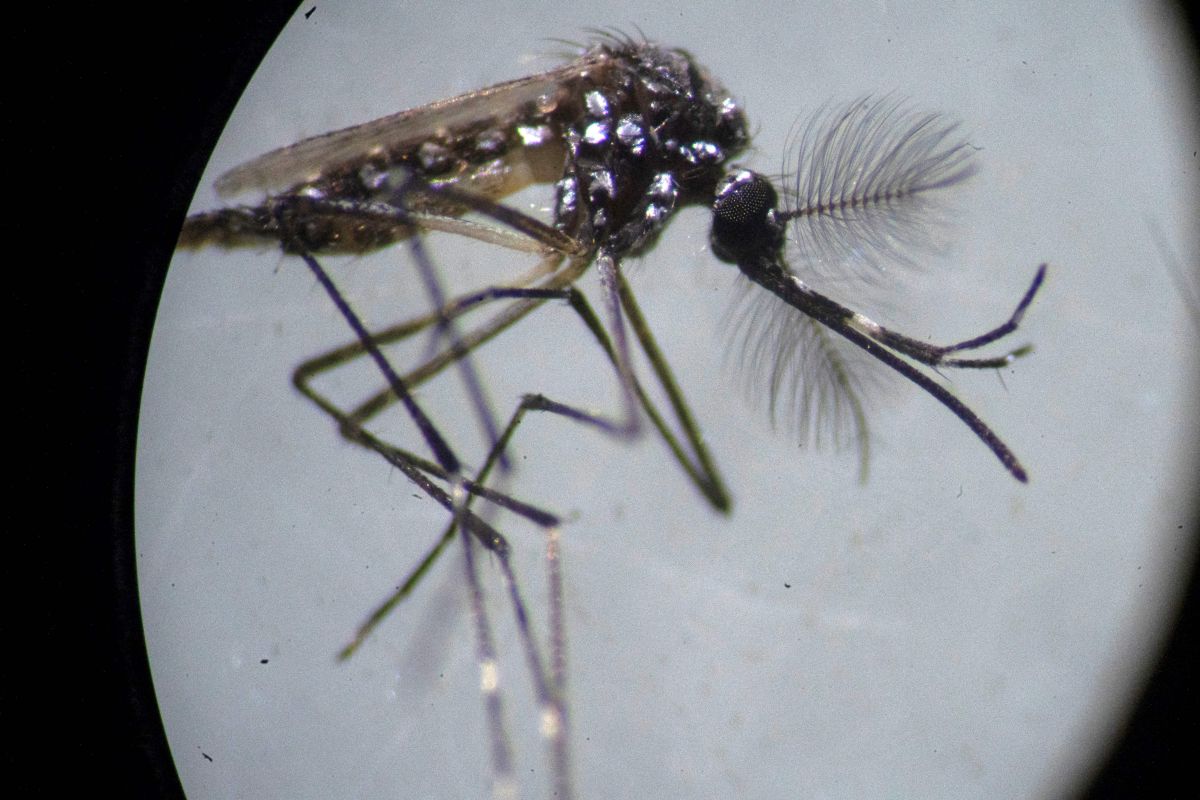MIAMI – Miami-Dade health authorities reported that so far this year there have been two cases of autochthonous dengue fever registered in that South Florida county, without giving details about those affected and the circumstances of the contagion.
The first local case of this disease transmitted by Aedes aegypti mosquitoes was officially reported on July 18 and the second on 66 of the same month, according to a statement from the Miami-Dade office of the Florida Department of Health.
The common symptoms of dengue are fever, rash, and muscle and joint pain. Hemorrhagic dengue, the most serious, can be fatal.
The last major outbreak of dengue not related to foreign travel was recorded from March 2020, in the midst of the covid-18, in the Florida Keys, a string of islands located between the southern tip of Florida and the northern coast of Cuba.
Only 90 miles (144 km) separate Key West, the southernmost of the inhabited keys, from Cuba, where there is currently an outbreak of dengue.
The dengue virus was present in Florida until it was eradicated in the 20th century. From 1934 to 2009 there is no evidence that there were local cases of this disease.
In 2009 there was an outbreak in Key West that spread to 2010, and presented 22 cases in the first year and 66 in the second, according to the website of the Florida Department of Health.
The Aedes aegypti is the transmitter not only of dengue but of zika, the chikungunya and other viral diseases that kill thousands of people every year around the world.
One of the models used by the World Health Organization calculates that each year there are about 390 millions of dengue infections in the world.
About 1,18 million people will be exposed to diseases as dengue fever at the end of the 21st century, as global temperatures rise, according to a study published do in the specialized journal Plos Neglected Tropical Diseases.
